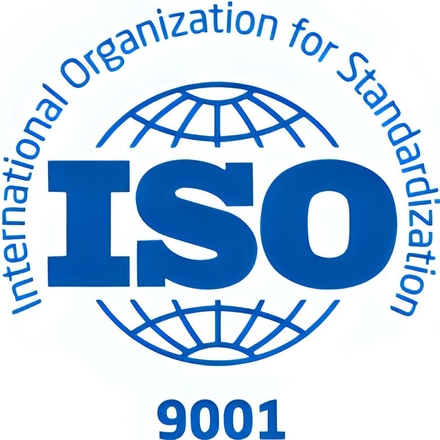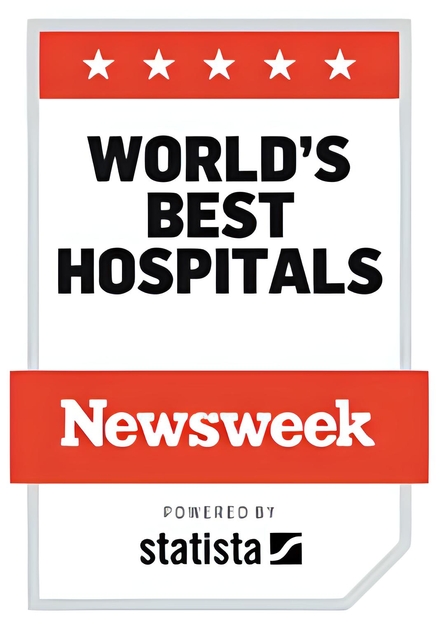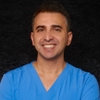Overview
Size & Capacity
Large, 1,413 beds
Clinic type
General
Type of care
Inpatient, Outpatient
Age group
Kids, Adults
3.7 on Google
The data collected based on 517 patient reviews on Google
Certificates
Features & Facts
About the clinic
Departments & Doctors
Gallery

Dr. Manny Blessing - How to identify the rare cancer sarcoma before it's too late?





Extra services
Location
Kalman Ya'akov Man St, Jerusalem, Israel
FAQ
What range of services does the clinic offer?
The hospital offers the most modern and innovative therapies in cardiology, cardiac surgery, gastroenterology, neurosurgery, obstetrics and gynecology, oncology, orthopedics, surgery, tumor immuno-oncology, urology, and nephrology. Doctors prefer gentle and organ-preserving treatment strategies.
Should I choose Hadassah University Hospital Ein Kerem for neurosurgery?
Yes, thanks to the experience of doctors, the availability of neuro microscopes, and intraoperative navigation systems, operations on the brain and spinal cord of any complexity require a minimum recovery and have the lowest number of complications. It has been rated as a reference center for brain surgery.
Can I get stomach cancer treatment at the medical center?
The center develops an individual therapeutic strategy to reduce the number of stomach cancer relapses: chemotherapy and biological treatment, removal and ablation of metastases, direct chemotherapy to the liver, and warming of the abdominal cavity to reduce the number of recurrences.
Get individual treatment plan and cost estimate. Non-binding 100% free assessment.
© Hadassah University Hospital Ein Kerem Jerusalem


















